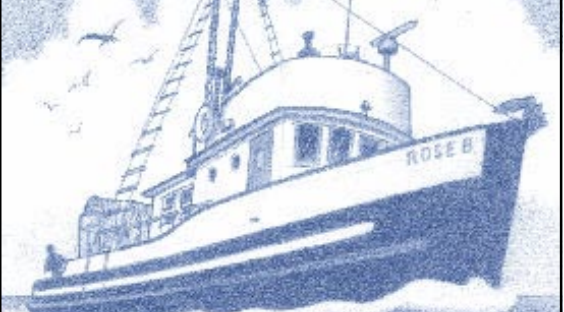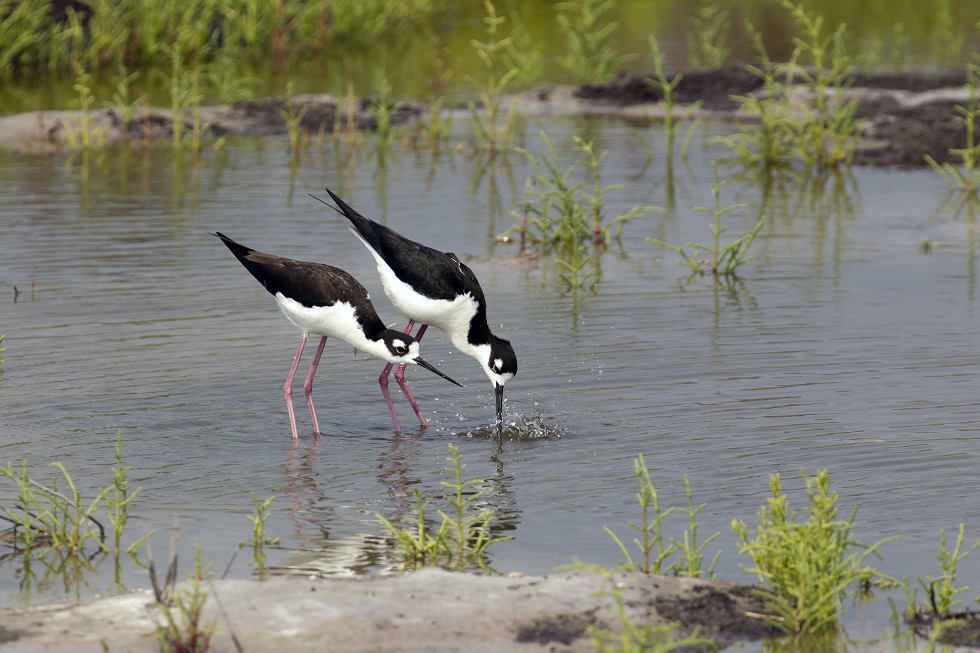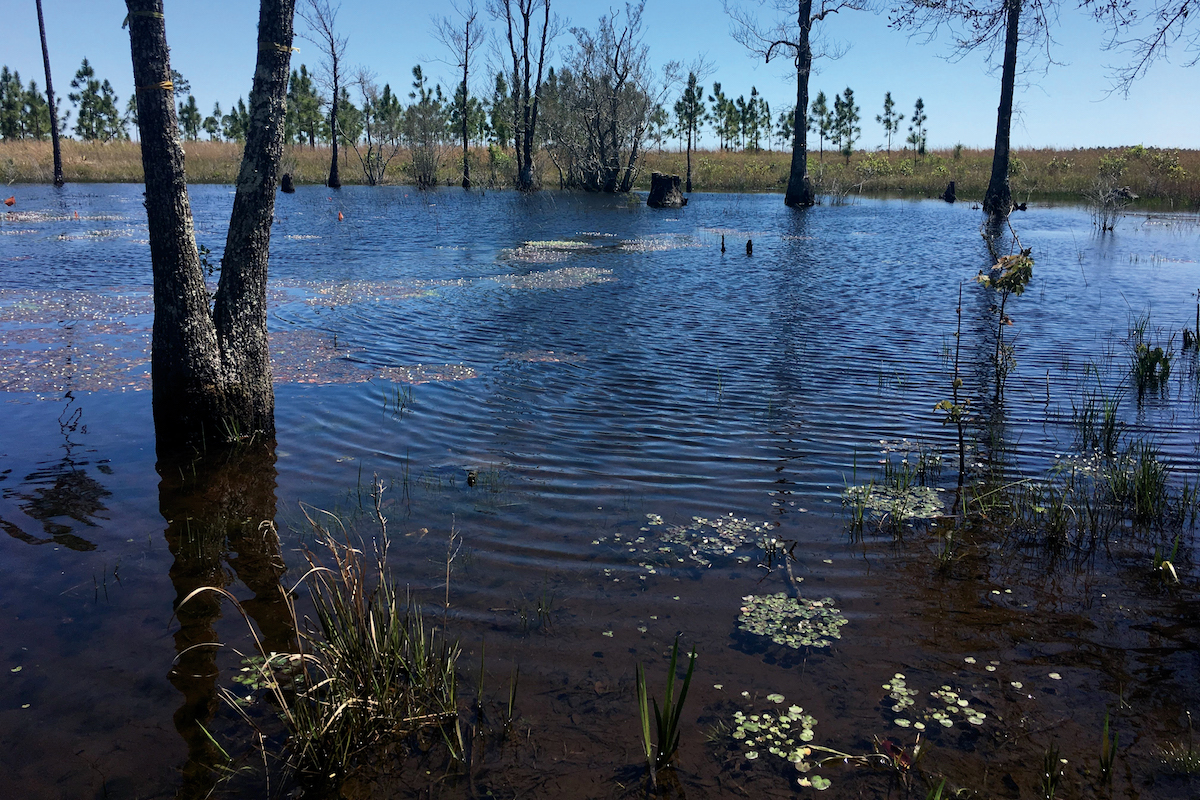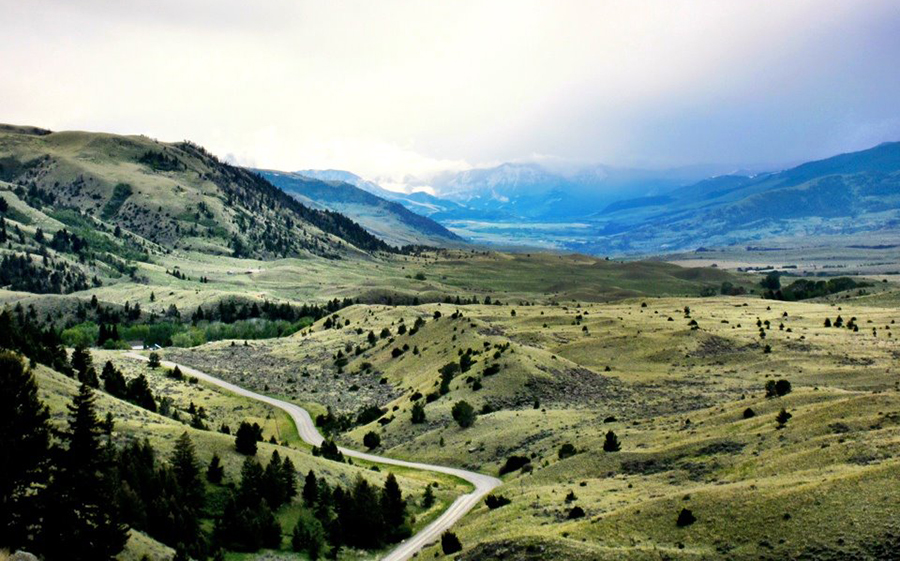[…] to expand parking by 20 percent without removing any trees. The new parking lot was built in layers. First gravel was spread and covered with a water-permeable sheet that unrolls like carpet. The sheet is honeycombed with molded plastic rings that keep the gravel in place and prevent ruts from forming. A finer layer […]








